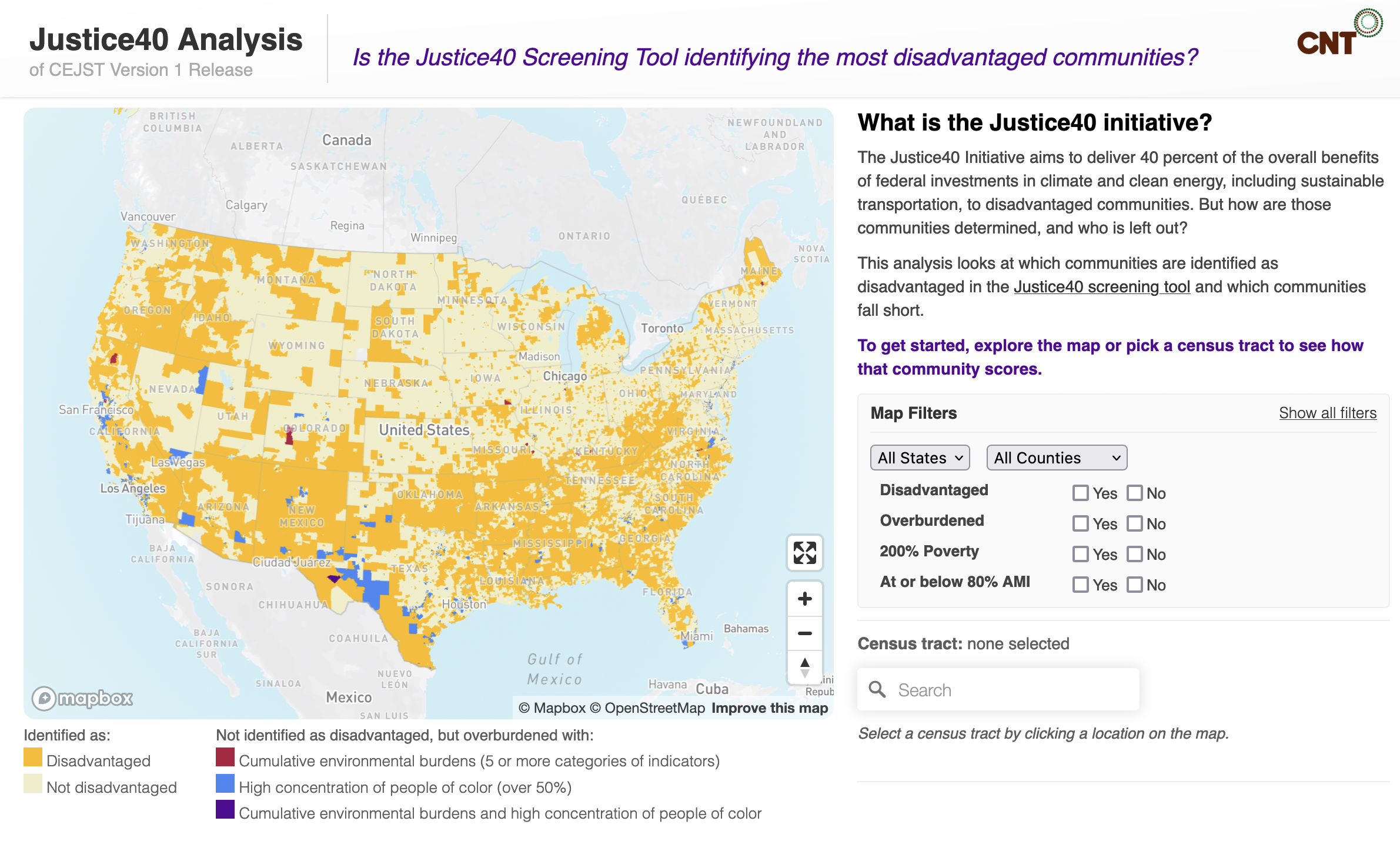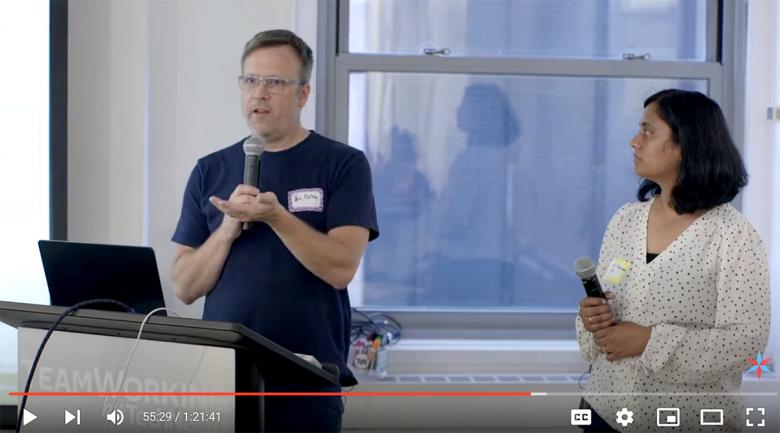Center for Neighborhood Technology is a strong supporter of the Justice40 Initiative and its goal of directing federal investments so that 40% of those who benefit are disadvantaged communities. We are monitoring its implementation and doing what we can to make sure federal and state agencies reach the goal.
Current Work
- We’re partnering with Community Based Organizations in Chicago, Los Angeles, and Denver to document how Justice40 Initiative can best address the environmental burdens they face.
- We analyze federal agencies’ specific tools and data to understand how each agency is following Justice40 guidelines in allocating climate-related investments.
- We evaluate how states follow Justice40 guidelines as they identify and prioritize clean and safe drinking water projects, in partnership with other research, policy and community groups.
Justice40 & CEJST Background
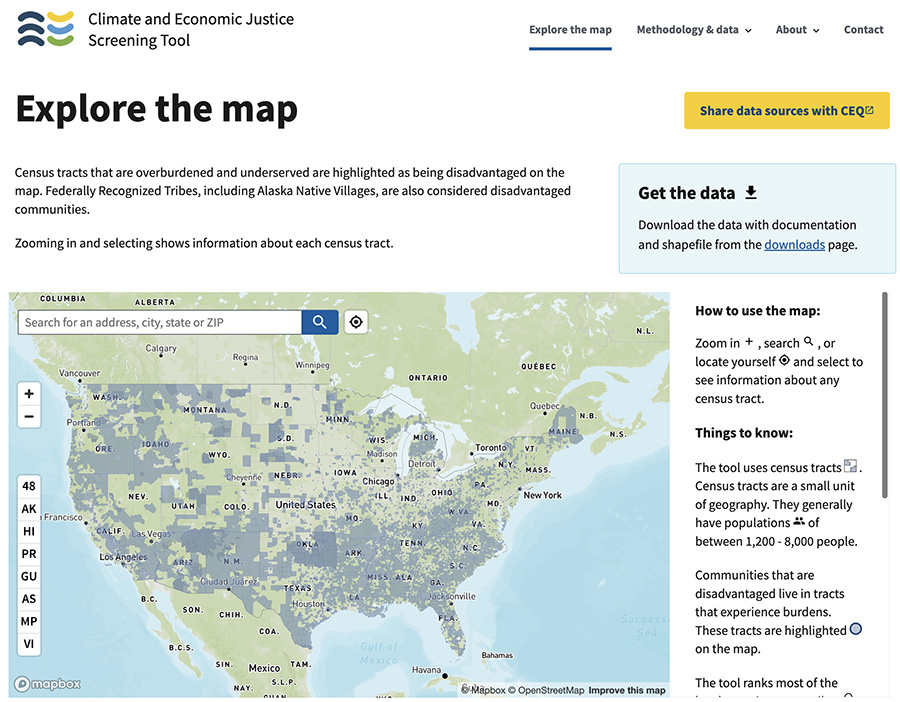
The federal Climate and Economic Justice Screening Tool shows the first attempt by the federal government to define disadvantaged areas for use in the Justice40 program.
Soon after taking office In January 2021, the Biden administration announced an executive order recognizing the climate crisis. It directed that federal climate-related investments be made “toward a goal that 40% of the overall benefits flow to disadvantaged communities.”
The following year the White House Council on Environmental Quality introduced the Climate and Economic Justice Screening Tool, CEJST to identify communities in need using Census data. This tool is directly connected to the Justice40 Initiative as it assists in identifying communities that will benefit from Justice40’s goal: equitable distribution of federal investments.
CNT got to work when the Council released its beta version of the Climate and Economic Justice Screening Tool.
To their credit, the Council released their data and methodology along with a request for public comment. We analyzed and mapped the demographic and environmental criteria used by CEJST to identify disadvantaged communities We looked closely at:
- areas we have worked in with Community Based Organizations
- areas we know to be disadvantaged, and
- areas we know face multiple environmental burdens
Analysis, Community Discussion, and a Justice40 Analysis Web Tool
Generally, the federal definition of disadvantaged areas matched what we expected, but it left out some areas that were surprising. We consulted with our CBO partners, wrote blogs sharing our findings about flaws in the model, and submitted comments.
CNT's Justice40 Analysis Tool
Is the Justice40 Screening Tool identifying the most disadvantaged communities? Explore CNT's map to see how a community scores, and what factors into the scoring criteria.
Visit the tool here.
CNT at Chi Hack Night
Paul Esling and Preeti Shankar demonstrate how CNT's tool lets users test federal criteria on where to spend pollution-fighting funds nationwide at Chi Hack Night in July.
Watch the recorded presentation here.
Analysis of the Justice40 Initiative
The Problems With the justice40 Screening Tool, and Some Ideas for How to Improve It
CEJST is a simple map, with big implications – and attention to cumulative burdens matters
To dive in further, CNT created our own national mapping tool, justice40.cnt.org, that shows what’s in the federal definition, and what’s out, and tries to understand why. Using this tool, we found flaws in the federal definition’s construction that that lead to evident gaps: Census tracts that face significant climate, environmental, and economic challenges but are not identified in the tool as disadvantaged areas.
A thorough breakdown of the methodological flaws in the definition can be found in CNT’s formal comments.
CNT shared the web tool we developed for our analysis with our CBO partners and encouraged them to explore their communities and submit their comments to CEQ.
We also shared our methodology with Chi Hack Night in July 2023. In the Chi Hack night presentation, Preeti Shankar and Paul Esling shared insights on the data sources and the federal process for defining which communities fit Justice40 criteria. They also discuss ways CNT has partnered with grassroots leaders in Chicago and other places to ensure the tool reflects grassroots’ concerns and needs.
Contact Our Team
For Justice40 methodology inquiries, contact: Paul Esling
For Justice40 advocacy inquiries, contact: Cyatharine Alias


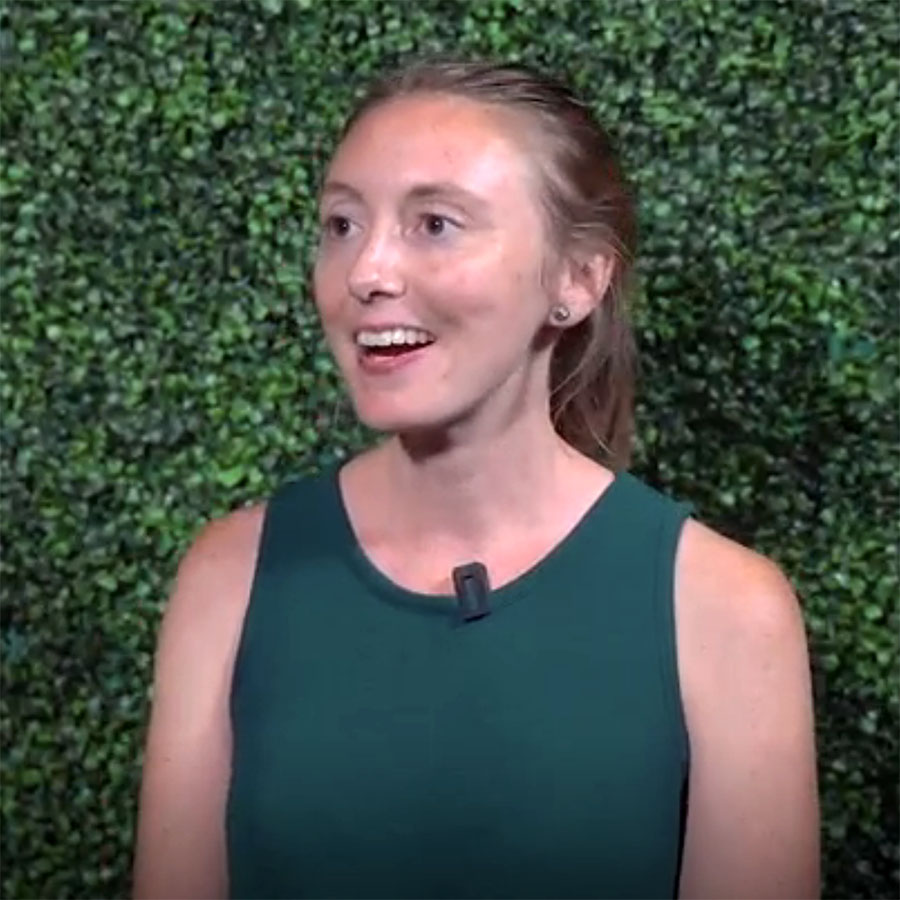

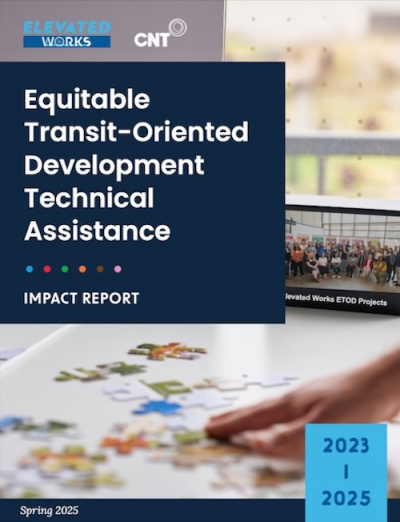
 Strengthening Transit Through Community Partnerships
Strengthening Transit Through Community Partnerships